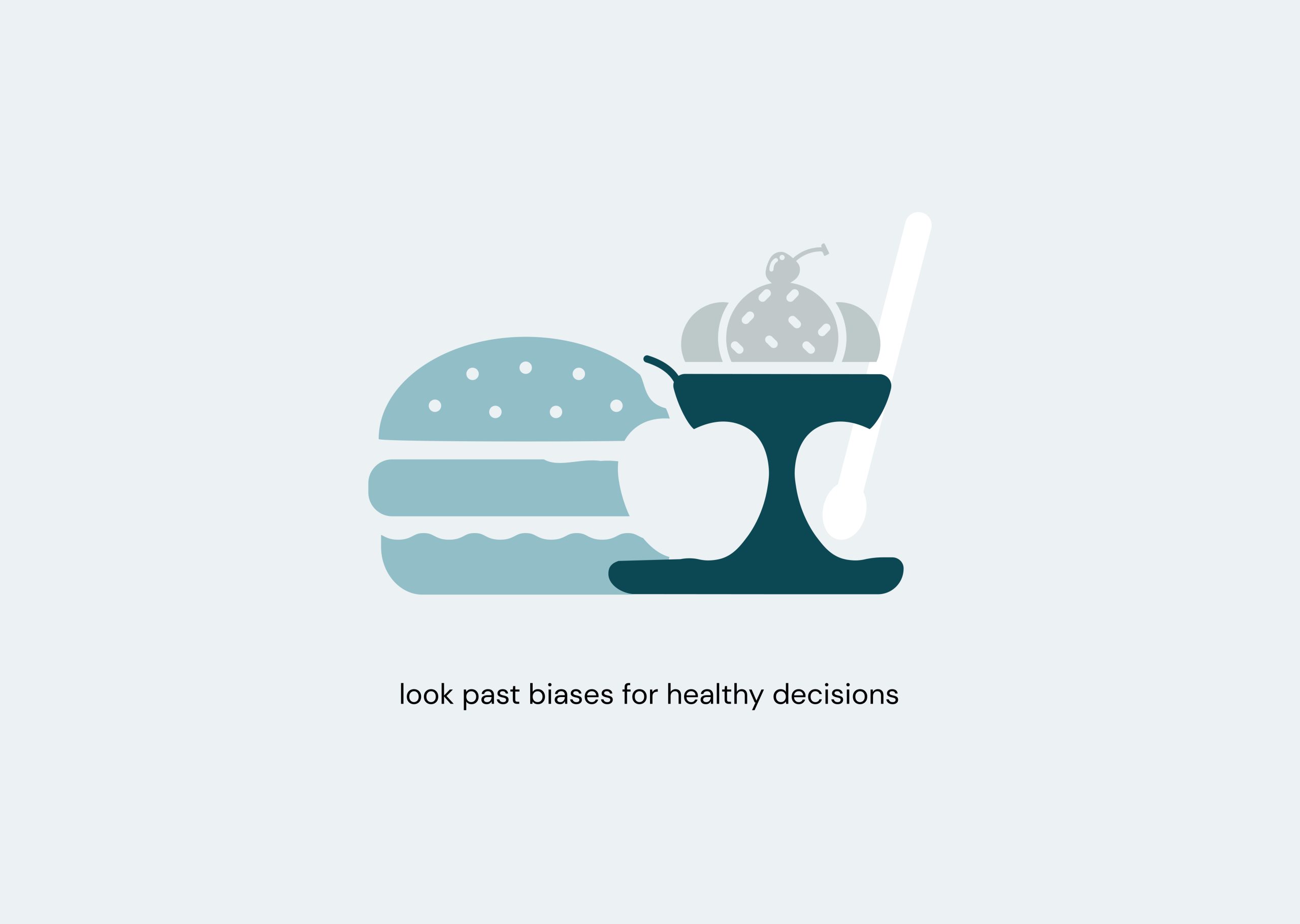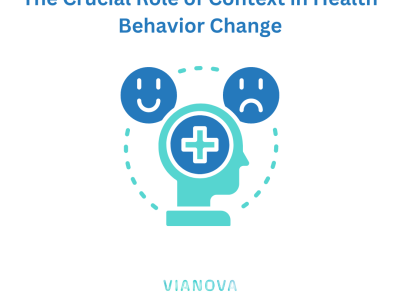
Navigating Cognitive Biases for Healthy Decision Making: Understanding How Our Minds Influence Our Health Choices
When it comes to making healthy decisions, our brains play a crucial role. However, our brains are not always as rational as we think, and cognitive biases can impact our choices related to health and wellness. In this blog post, we will explore the concept of cognitive biases in the context of making healthy decisions, understand their definition, and how they can affect our choices in maintaining a healthy lifestyle.
Cognitive biases are systematic errors in thinking that our brains use to simplify information processing and ease decision making. These biases can impact our perception, judgment, and decision making related to health choices. One common cognitive bias is the present bias, which is the tendency to prioritize short-term rewards over long-term benefits. For example, we may choose to indulge in unhealthy food or skip exercise to enjoy immediate gratification, even though we know it may harm our long-term health.
Another cognitive bias that can impact our health decisions is the anchoring bias, which is the tendency to rely heavily on the first piece of information encountered when making decisions. For instance, if we see a product marketed as “low fat” or “sugar-free,” we may assume it is healthy without thoroughly evaluating its overall nutritional value. This bias can lead to making inaccurate judgments about the healthiness of a product based on limited information.
The availability bias can also impact our health decisions. This bias leads us to rely on readily available information, which may not always be accurate or representative of the overall reality. For example, if we hear about a friend’s experience with a particular diet or exercise routine, we may assume it will work for us as well without considering our unique circumstances, leading to biased decision making.
Cognitive biases can also influence our perception of risk and benefit. The framing effect is a bias that involves the way information is presented, which can significantly impact our decision making. For instance, a medical procedure framed as having a 90% success rate may seem more appealing than the same procedure framed as having a 10% failure rate, even though the information is the same. This bias can impact our perception of the risks and benefits of different health interventions.
So, how can we make healthy decisions while navigating cognitive biases? One key approach is to be aware of our biases and actively question our assumptions and judgments. Taking the time to gather comprehensive and accurate information, evaluating multiple perspectives, and considering both short-term and long-term consequences can help us make more informed decisions about our health.
Seeking advice from healthcare professionals, who are trained to provide evidence-based information, can also help mitigate the impact of cognitive biases. They can provide unbiased guidance and help us evaluate health choices objectively. Engaging in critical thinking, reflecting on our decisions, and being open to changing our minds based on new information can also aid in overcoming cognitive biases.
In conclusion, cognitive biases can impact our decision making related to health and wellness. Being aware of these biases and actively taking steps to mitigate their impact can help us make more informed and healthy choices. By overcoming cognitive biases, we can make decisions that are aligned with our long-term health goals and well-being. So, let’s strive to understand and navigate cognitive biases for making healthier decisions in our everyday lives.



FEEL FREE TO DROP US A LINE.